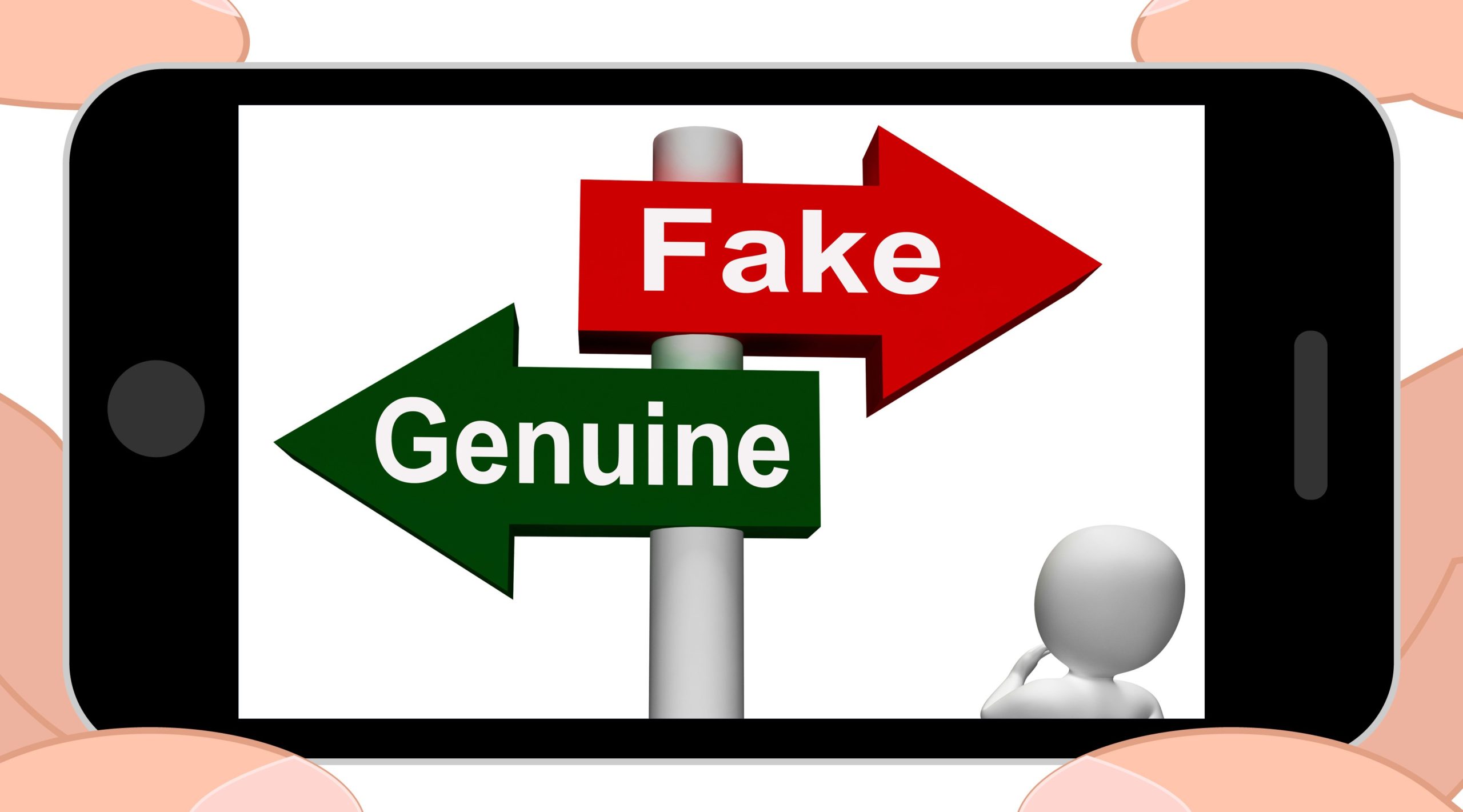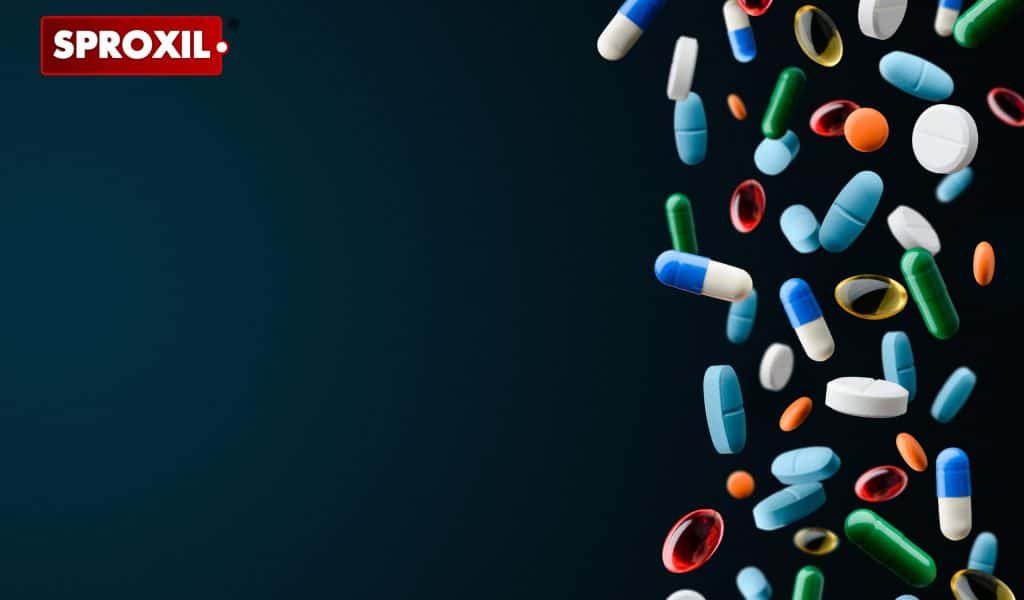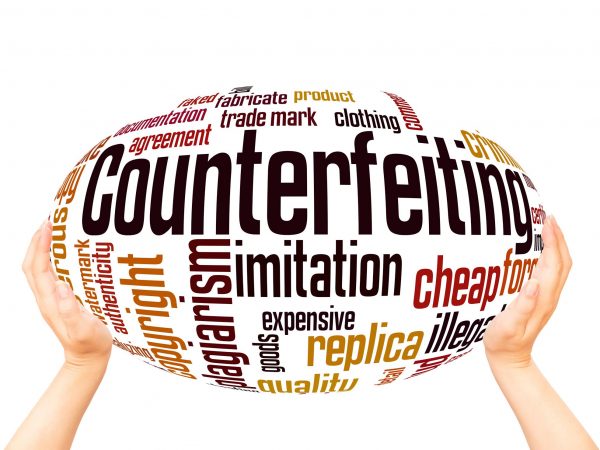Recently, the BBC reported that over 100 people in India died as a result of ingesting counterfeit liquor. The source of the manufactured counterfeit liquor has yet to be identified, but this incident highlights a growing problem in the country. Many poor residents choose cheaper products and thus end up consuming substandard liquor, which can be laced with dangerous chemicals to give it its kick. This can result in extreme health issues such as blindness and can even lead to death. According to the BBC, India has witnessed a number of cases where people have died from fake liquor:
- Nearly 170 people died in 2011 in the eastern state of West Bengal
- At least 30 people were killed in Uttar Pradesh in September 2009
- More than 100 people were killed in Gujarat in July 2009
The situation is not unique to India. Last year, in Kenya, dozens of people died from the illegal brew. In the UK, holiday seasons see a rise in counterfeit liquors like vodka.
What can be done to combat illegal liquor sales?
Consumer Education: Consumers need to be made aware of the dangers of consuming products that are not approved by the food and drug safety organizations within their country. Online resources like Drink Aware can help consumers be vigilant about the products they purchase. Alcohol companies should also provide consumer education resources to protect and empower their customers.
Law Enforcement: Government must be proactive and reactive. Laws should be in place to discourage counterfeiting and enforcement must be consistent. When caught, perpetrators must be subjected to strong laws that serve as a warning for others not to dabble in illegal business. There must also be a conscious effort on the part of the food and drug safety organizations to follow up on the enforcement of the law to deal appropriately with criminals.
Serialization: Although many legitimate liquor companies have a serialization strategy, if this is enforced as a standard and stores are not allowed to sell products without a serial number, then it may enable the food and safety organizations to weed out the substandard products from the market.
What are other solutions to solve the problem of fakes? Leave a comment about it.
Note: This blogpost serves to educate readers about the dangers of fake products such as alcohol as a means to empower readers to make more informed purchasing decisions. This post is not taking a stance on general alcohol consumption. For any questions or concerns, please email [email protected]



